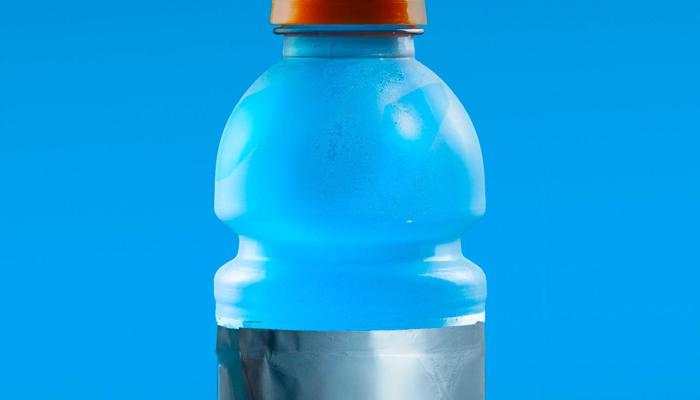Unlocking the Secrets of Athletic Hydration in India: 7 Must-Know Facts to Boost Performance. Stay tuned for tips!
In the scorching heat of India, whether you're sweating it out on the cricket field, pounding
the track in athletics, or dribbling past opponents in hockey, one thing remains constant: the absolute, paramount importance of staying hydrated.
We're not talking about just sipping a little water now and then. We're talking about a conscious, strategic approach to fluid intake that can make or break your performance.
Hydration isn't just a good habit; it's a fundamental pillar of athletic success, right up there with a balanced diet and rigorous training. Neglecting it can lead to fatigue, cramps, decreased performance, and even serious health issues. So, listen up, athletes!
Here are seven crucial hydration facts you need to remember to stay on top of your game.
Water is vital for athletes, dehydration impairs performance
First things first, let's understand why water is so crucial for athletes. Your body is about 60% water, and this water plays a vital role in almost every bodily function. It helps regulate your body temperature, transports nutrients to your cells, and lubricates your joints.
During exercise, you lose water through sweat, and this loss can quickly lead to dehydration. Even a small amount of dehydration – as little as 2% of your body weight – can significantly impair your athletic performance.
Think about it: your muscles need water to function properly, and if they're dehydrated, they'll fatigue faster and be more prone to cramps. Your brain also needs water to stay sharp, so dehydration can affect your focus and decision-making.
It's like trying to drive a car with low fuel – you might be able to get somewhere, but you won't be performing at your best. Keep a water bottle handy during training and remember to sip, sip, sip! Aim for small, frequent sips rather than gulping down large amounts of water at once.
Monitor hydration levels through urine color, sweat rate, and weight loss
Now, how do you know if you're dehydrated? Don't wait until you feel thirsty, because by then, you're already dehydrated. Thirst is a late sign! Pay attention to other indicators like the colour of your urine.
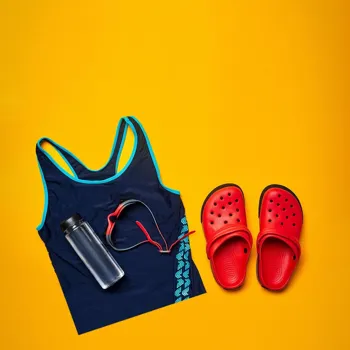
Light yellow urine indicates good hydration, while dark yellow or amber urine is a sign that you need to drink more fluids. Other signs of dehydration include fatigue, headache, dizziness, and muscle cramps. Keep an eye on your sweat rate during training.
Everyone sweats differently, so it's important to understand how much fluid you lose during exercise. You can do this by weighing yourself before and after a workout. The difference in weight represents the amount of fluid you've lost through sweat.
For every kilogram of weight lost, you need to drink about 1.5 litres of fluid to rehydrate properly. This will give you a clearer picture of how much you need for next time.
Electrolytes lost during exercise must be replenished for optimal performance
Electrolytes – those minerals like sodium, potassium, and magnesium – are lost through sweat along with water. These electrolytes play a crucial role in maintaining fluid balance, muscle function, and nerve function.
When you sweat, you lose electrolytes, and this can lead to muscle cramps, fatigue, and impaired performance. That's why it's important to replenish electrolytes during and after exercise, especially during long or intense workouts.
You can do this by drinking sports drinks that contain electrolytes. However, be mindful of the sugar content of sports drinks, as some can be quite high. Alternatively, you can make your own electrolyte drink by adding a pinch of salt and a squeeze of lemon to your water.
There are also electrolyte tablets or powders available that you can add to your water. Focus on natural foods that are rich in these minerals. Add some fresh fruit at the end for some extra help.
Hydrate strategically throughout the day for optimal performance
Planning your hydration strategy starts well before you begin your training session or competition. It's not something you can address last minute. Aim to drink plenty of fluids throughout the day, not just during exercise.
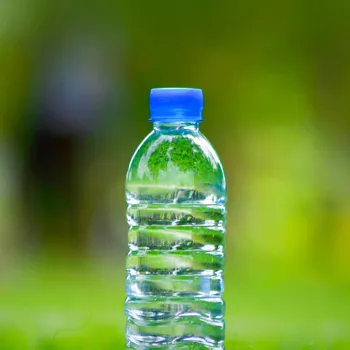
Start hydrating a few hours before your workout by drinking 500-600ml of water or sports drink. This will ensure that you're adequately hydrated before you even begin to sweat.
During exercise, aim to drink 150-350ml of fluid every 15-20 minutes, depending on your sweat rate and the intensity of your workout. After exercise, focus on replenishing the fluids and electrolytes you've lost. Drink enough to replace any weight you've lost during the workout.
Don't wait until you feel thirsty to start hydrating. Make it a habit to drink regularly throughout the day, regardless of whether you're exercising or not. You may also want to consider your dietary needs throughout the day, such as adding some fruit.
Different sports have varying hydration needs based on intensity and duration
Different sports have different hydration needs. If you're running a marathon, you'll need more fluids and electrolytes than if you're doing a short weightlifting session. In endurance sports like marathon running or cycling, you'll need to focus on both water and electrolyte replacement.
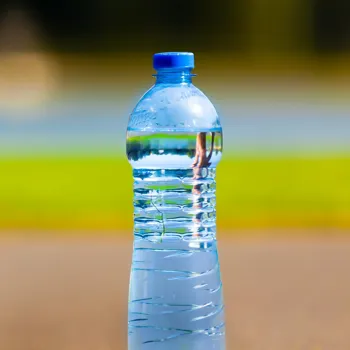
You may also want to consider consuming carbohydrates during these events to provide energy. In team sports like cricket or hockey, where there are frequent breaks, you have more opportunities to hydrate. Take advantage of these breaks to drink water or sports drinks.
If you are engaging in a sport that does not have many break times, it is important to know your body and have assistance on the sideline to make sure you are properly hydrated. Also be mindful of the weather conditions.
In hot and humid weather, you'll sweat more and need to drink more to stay hydrated.
Various fluids besides water aid hydration; watch sugar intake
While water is usually the best choice for hydration, there are other fluids that can also contribute to your fluid intake. Fresh fruit juices, coconut water, and even herbal teas can be good options.
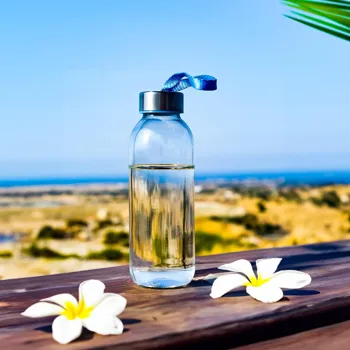
However, be mindful of the sugar content of fruit juices and avoid sugary drinks like soda, as these can actually dehydrate you. Coconut water is a natural source of electrolytes and can be a good choice for rehydration after exercise.
Herbal teas can be a refreshing and hydrating alternative to water. Remember to listen to your body and drink according to your thirst and sweat rate.
By following these seven hydration facts, you can ensure that you're staying adequately hydrated and performing at your best, no matter what sport you're playing. So drink up, stay cool, and keep those electrolytes balanced. Hydration is key, yaars!
